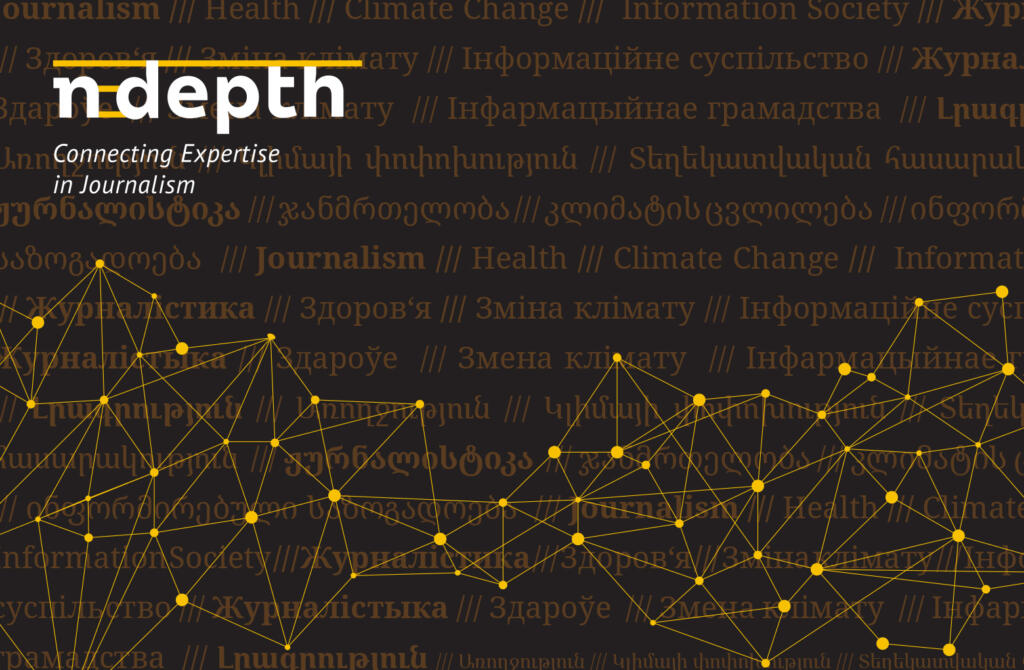

Would you like to boost your opportunities to connect and exchange with colleagues from all over Europe?
How to present the impact of climate change without just crunching numbers? How to write about algorithms and social bots in a way that attracts attention not only among computer nerds but also among your typical audience?
Complex issues tend to be tiring or even boring - and reporting on them requires more than just repeating what other media said before. But general advice such as to adapt the topic to your local context and tell an interesting story about real people are easier said than done, especially in a situation, when media struggle with a lack of finances, time, staff and information - or even face political repression. As a result, in many countries, important questions such as the impact of climate change rank surprisingly low on the political agenda. Sometimes media even unintentedly contribute to the dissemination of disinformation (e.g. related to health issues). Online journalism, in-depth provides participating media with funding, time and expertise - the ingredients of high-quality, in-depth reporting.
In the course of the project participating media have a chance
We believe that close cooperation between journalists and experts will improve the quality of reporting and public debate on important international issues. Therefore, in the long run, the project aims at creating three sustainable networks encompassing journalists, experts and civil society actors – working to the benefit of all: While journalists will gain access to reliable quality information, experts and activists improve their chances to inform public debate and to impact political decision-making.
The 12 participating media are sorted into three groups, according to their respective focus topic, i.e. there is a climate group, a health group and a info-society group each consisting of 4 media, one from each project country. The groups are corrdinated by one of the project consortium partners:
The project is funded by the German Ministry for Economic Cooperation and Development (BMZ).
Are you a climate communicator or journalist from Eastern Europe, the Caucasus, or Central Asia (EECCA)? Do you crave a supportive and inspiring space to connect with fellow climate warriors across the region? n-ost together with CAN EECCA invite you for a safe and brave space, that will connect climate communicators and journalists from all over the region.

Within the project we organized several online webinars related to disinformation, health system and climate change in Eastern Europe and Caucasus. Watch them to learn more about journalism in this spheres.
Project Workshops
Project activities included organization of 4 Offline Workshops:

The event brought together 15 media professionals and analysts from Eastern Partnership (EaP) countries, aiming to strengthen regional cooperation and individual capacities in countering disinformation.
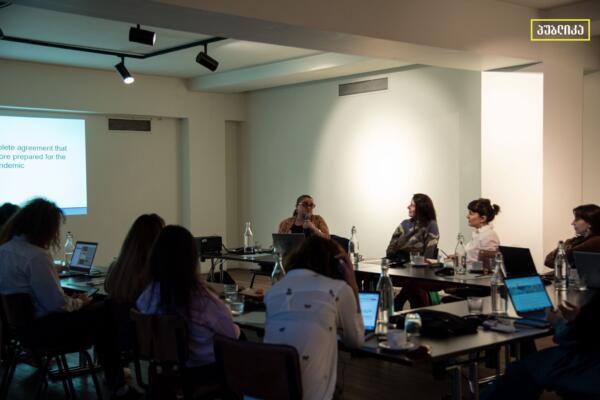
The two-day workshop welcomed 15 journalists from Georgia, Belarus, Armenia, and Ukraine, all committed to deepening their understanding of health reporting in the wake of the Covid-19 pandemic and amid ongoing challenges to public health systems across the region.
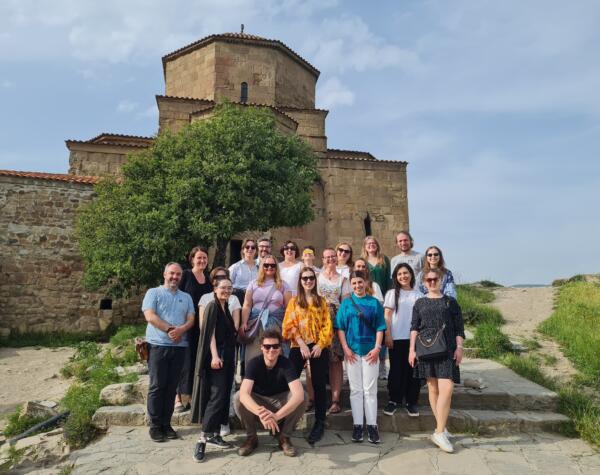
Nearly 20 journalists from Eastern Partnership (EaP) countries came together to enhance media capacity to report on climate policy, adaptation, and energy independence amid a rapidly changing geopolitical and environmental landscape.
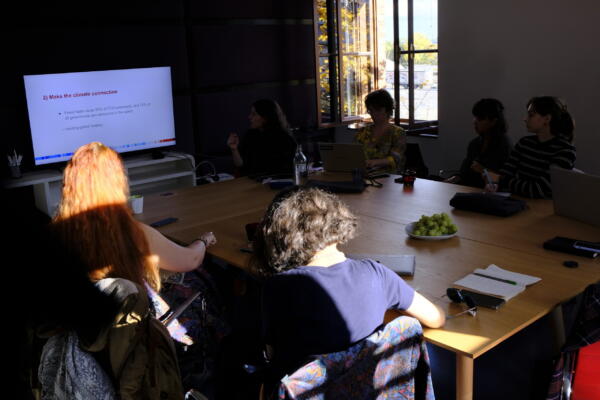
This workshop offered a unique chance to connect with prominent Austrian climate journalists, fostering invaluable networking opportunities.
At the close of the Online Journalism, in-depth project, the Climate Journalism & Communication Network EECCA launched its Charter, inviting signatures from professionals committed to strengthening climate communication in the region.
The final conference of a media project organized by n-ost, Publika and the Institute of Mass Communication
The aim of the project was to build three journalistic networks on three different topics: Climate, Health and Information society. The Conference program included workshops on different topic such as finding open sources for climate investigations, discussing the impact of climate on health, features of climate journalism in the context of war in Ukraine, Belarus-Ukraine relation, field tours in Tbilisi, and discussions on the impact of foreign agent laws on media and how to make climate a relevant topic in newsrooms.
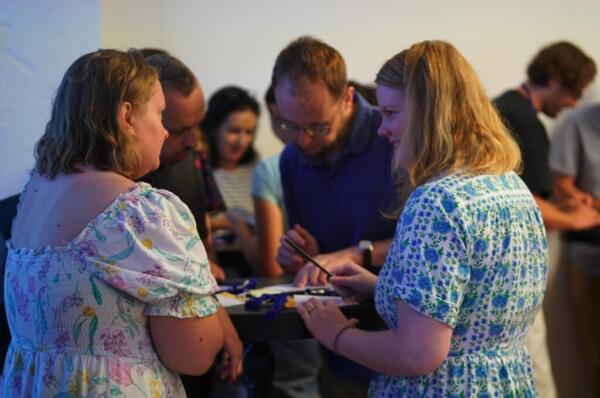
From 27 to 29 August, we convened climate journalists from all over Eastern Europe and Caucasus for an international conference in Tbilisi.
Check out all the participating journalists listed here. This is what brings them together.
See all network members
Zaxid net
Ukraine
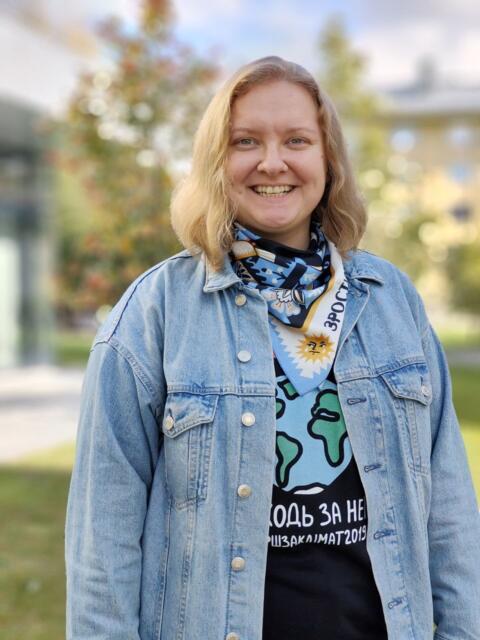
Network Coordinator, CAN EECCA
Kyiv, Ukraine
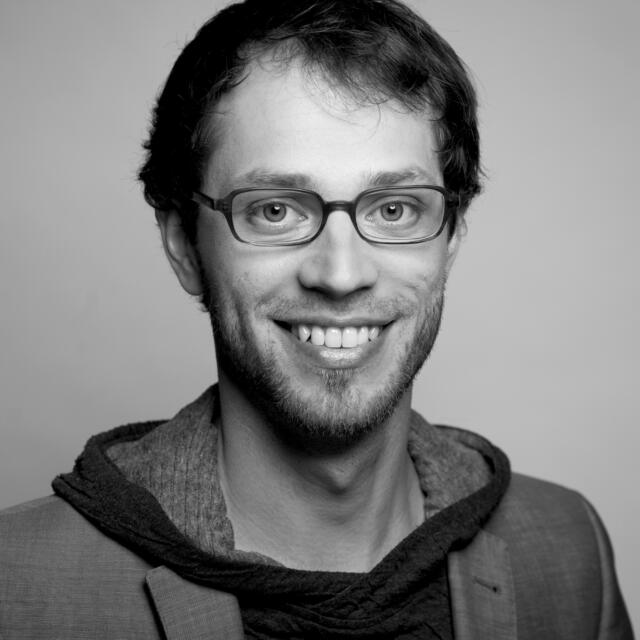
Correspondent, Clean Energy Wire
Berlin, Germany
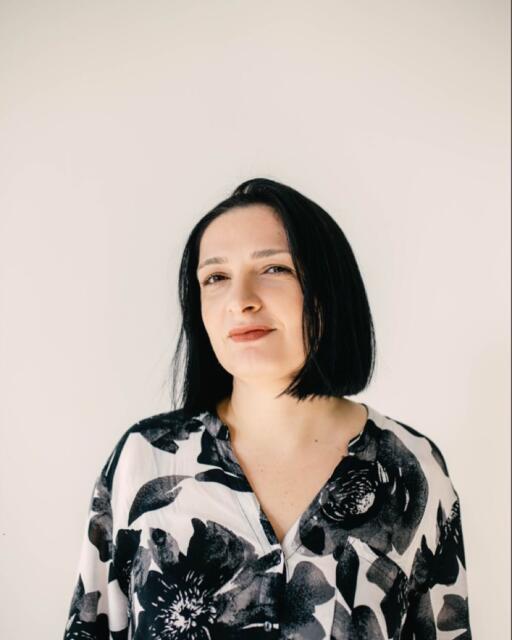
Journalist/Editor, dev.ge; publika.ge
Tbilisi, Georgia
Cactus Media
Author of the radio cycle "Green Zone"

Editor-in-Chief, European Radio for Belarus
Poland
Photographer
Ecolur
Yerevan, Armenia
Yerevan, Armenia
Editor-in-Chief, Publika
Tbilisi, Georgia
Editor-in-chief, EVN Report
Yerevan, Armenia
project manager, Civilnet.am
Yerevan, Armenia
Climate Change coordinator, Heinrich Boell South Caucasus

Journalist, Hromadske
Kyiv, Ukraine
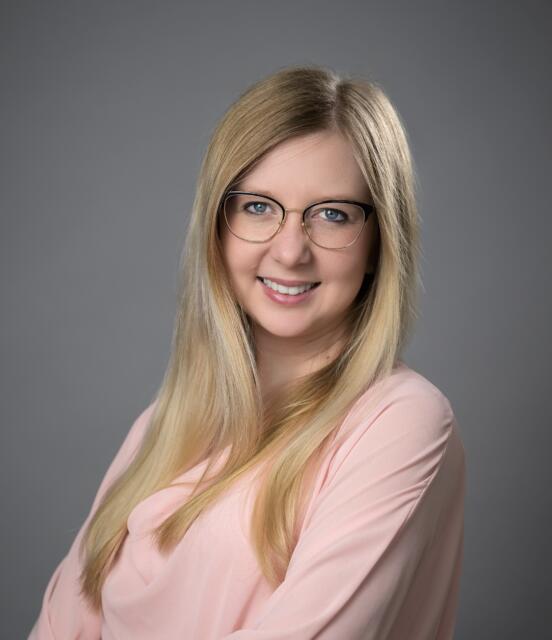
Editor-in-chief, Euractiv.cz
Prague, Czech Republic

Co-founder and Project Manager, Rozviy Youth Climate Initiative (Ukraine)
United Kingdom

journalist, AgroPortal.ua
Ukraine
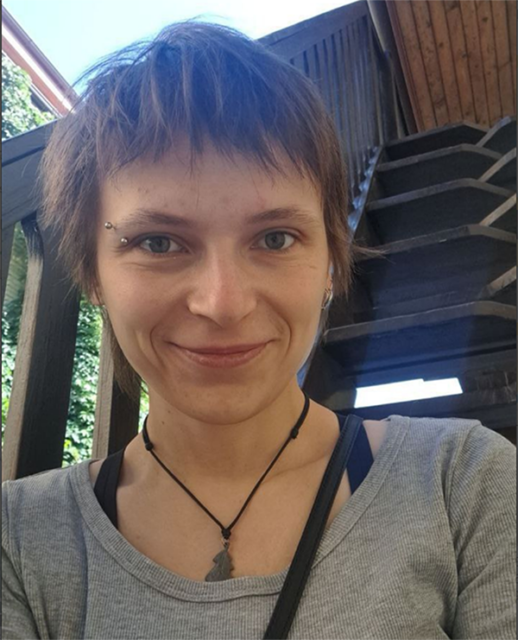
freelance journalist, project manager, Freelance
Vilnius, Lithuania
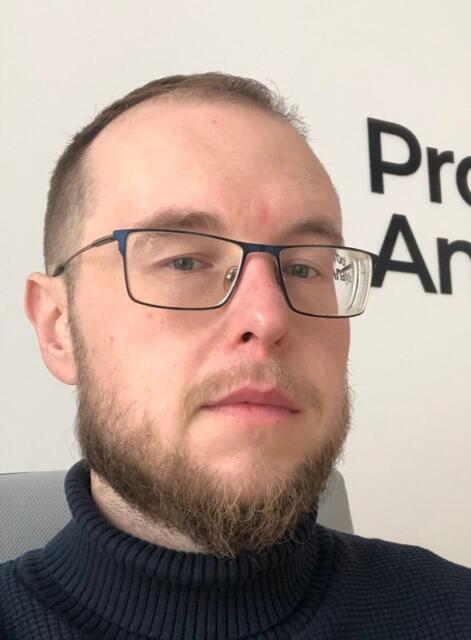
Journalist, Freelance
Ukraine

Tv host, journalist, Channel 5
Kyiv, Ukraine
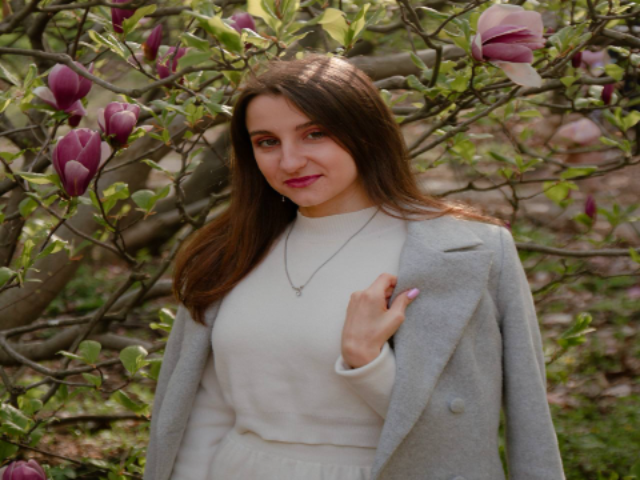
Junior analyst, VoxCheck (NGO VoxUkraine project)
Kyiv, Ukraine

Journalist, Ecolur informational NGO
Yerevan, Armenia

Journalist, Civilnet
Yerevan, Armenia

Journalist, Editor
Belarus

Journalist, NEXT.On.ge
Tbilisi, Georgia

Communications Manager, The Association Energy Efficient Cities of Ukraine (EECU)
Lviv, Ukraine
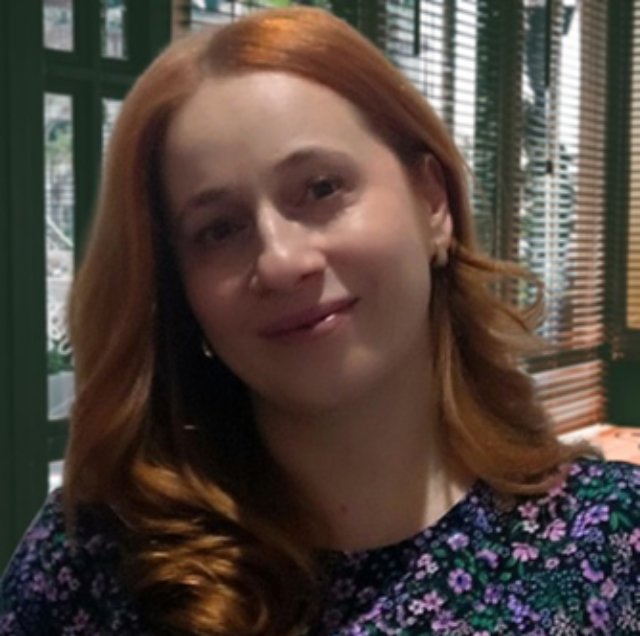
Data journalist, Ampop Media
Yerevan, Armenia
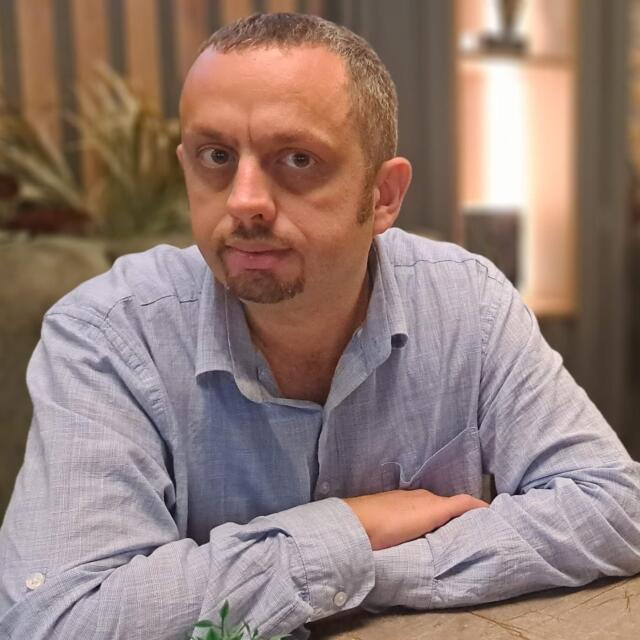
Correspondent, Osservatorio Balcani e Caucaso Transeuropa
Tetovo, North Macedonia
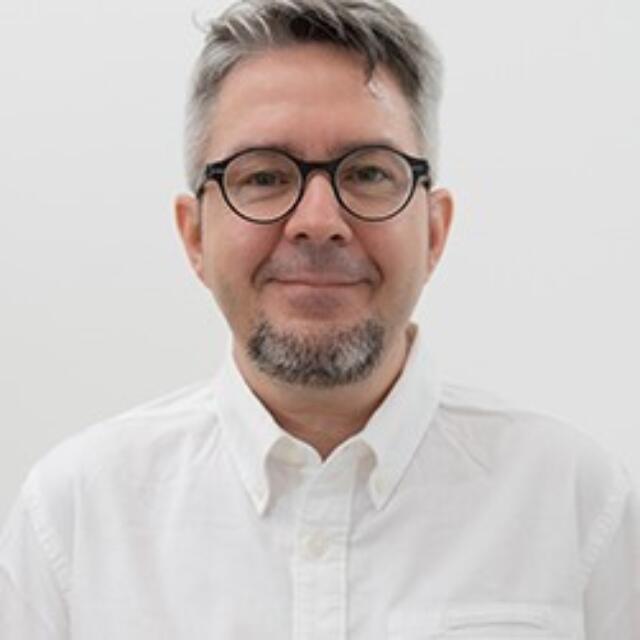
Managing Editor, Caps Unlock / Global Voices
Prague, Czech Republic

Senior Analyst, Media IQ, Press Club Belarus
Warszawa, Poland

CEO, Belarus in Focus Information Office
Belarus

Founder-editor, Ampop Media
Yerevan, Armenia

Freelance journalist
Armenia, Armenia
La Croix, Le Courrier d'Europe Centrale, RFI, Le Soir, M Le Monde, etc
Bucharest, Romania, Romania
Investigative journalist, Daiva Repečkaitė
Lithuania
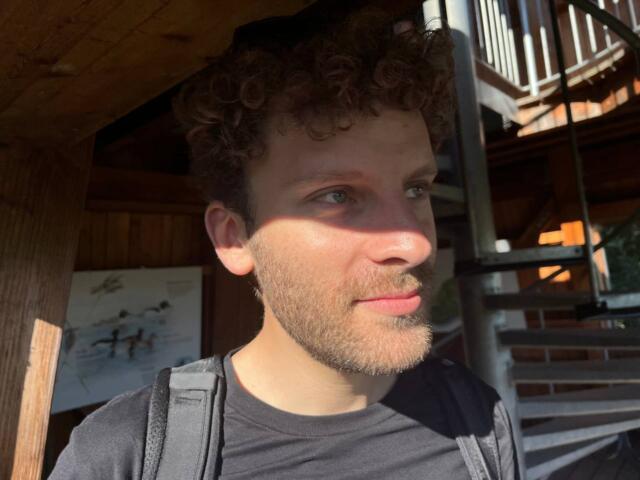
European Programme Manager, Clean Energy Wire
Berlin, Germany
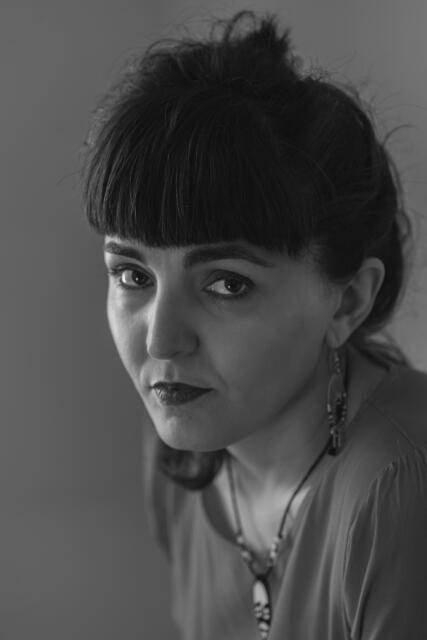
Founder and Journalist , Cactus Media
Tbilisi, Georgia

Journalist, Investigate Europe
Berlin, Germany
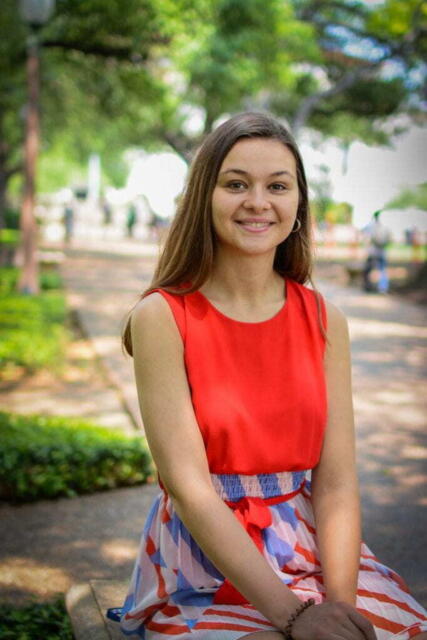
Kyiv, Ukraine
Journalist, hetq
Yerevan, Armenia
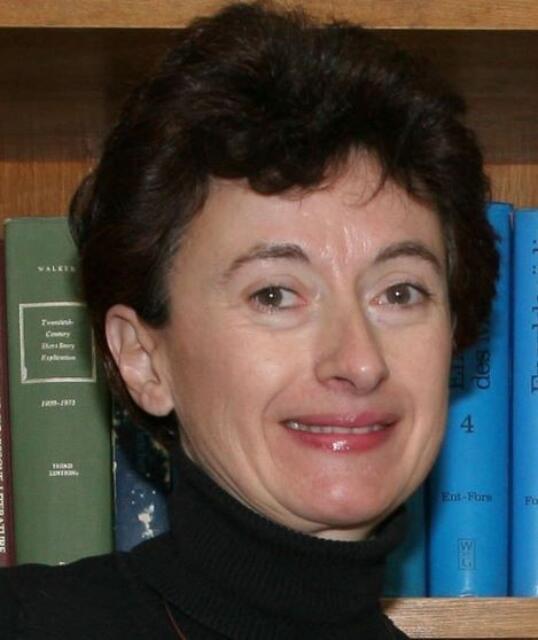
Freelance Journalist
Sofia, Bulgaria

Press Officer, ABDA e.V.
Berlin, Germany